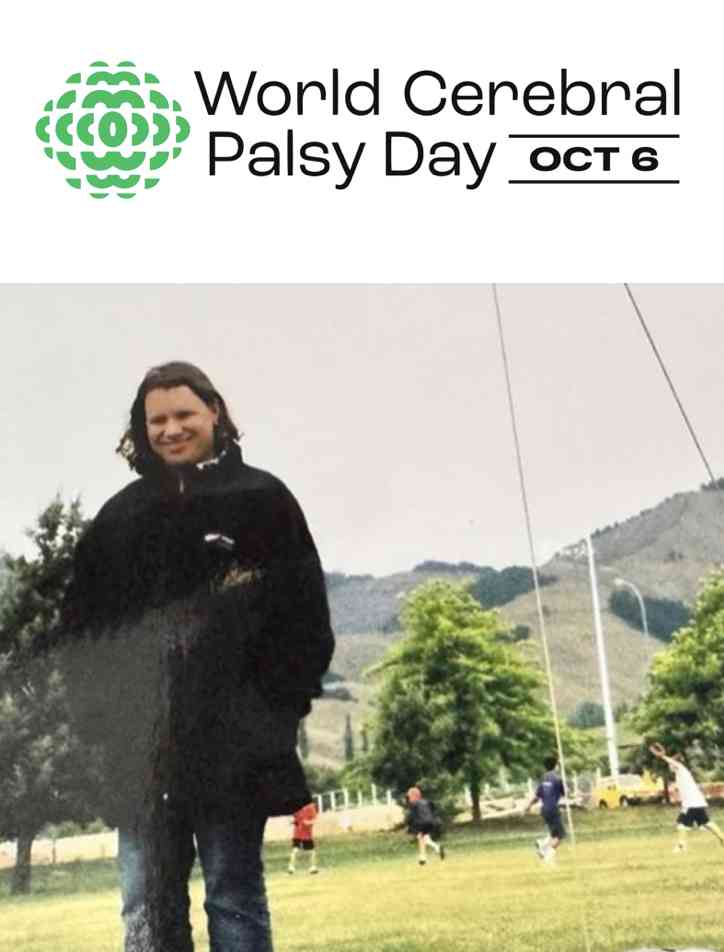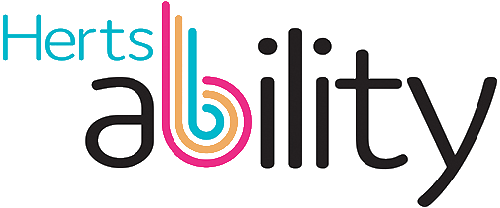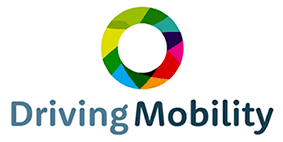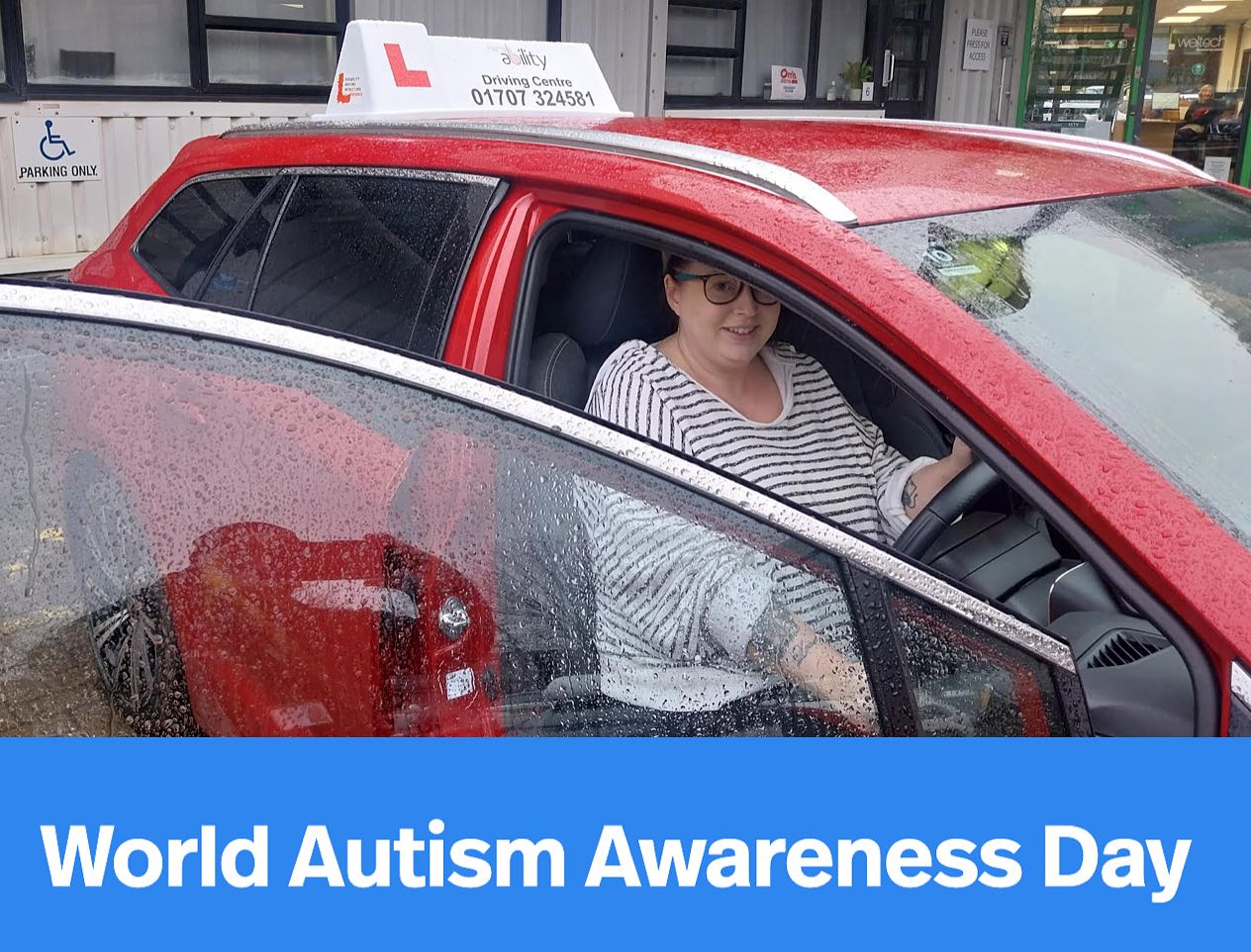World Cerebral Palsy Day, which began in 2012, is a global movement dedicated to raising awareness about cerebral palsy (CP) and ensuring a more inclusive world. Celebrated annually, last year’s campaign reached over 10 million people and brought together individuals with CP, their families, supporters, and organisations from over 100 countries. The goal is simple but powerful: to build a future where children and adults with cerebral palsy enjoy the same rights, access, and opportunities as everyone else.
Understanding Cerebral Palsy
Cerebral palsy is one of the most common physical disabilities, with over 17 million people worldwide living with the condition. An additional 350 million people are closely connected to someone with cerebral palsy – whether it’s a child, sibling, parent, or friend.
Cerebral palsy is a complex disability that affects movement, posture, and muscle coordination. Its impact varies widely, from a mild weakness in one hand to almost a complete loss of voluntary movement. Alongside physical challenges, many people with CP face additional barriers, such as difficulties with vision, hearing, communication, and mobility.
Key statistics highlight the reality of living with cerebral palsy:
- 1 in 4 children with CP cannot talk.
- 1 in 4 cannot walk.
- 1 in 2 have an intellectual disability.
- 1 in 4 have epilepsy.
Early and Ongoing Support
Support for individuals with cerebral palsy begins at birth and extends throughout life. Specialist care, particularly from physiotherapists and occupational therapists, plays a crucial role in enhancing each person’s strengths and enabling them to live full, active lives. For many, CP affects the brain’s ability to control movement and coordination, leading to difficulties in speaking, learning, and vision.
People with cerebral palsy experience a wide range of challenges, including:
- Weakness in arms, legs, or one side of the body.
- Difficulty maintaining balance and posture.
- Stiff, tight muscles that reduce the range of motion.
- Involuntary movements or spasms.
- Fatigue from physical effort.
- Challenges with speaking, vision, and learning.
Driving with Cerebral Palsy: Independence Through Adaptations
Despite the challenges cerebral palsy may pose, many individuals with the condition can learn to drive with the right adaptations and support. Driving can be an empowering experience, providing independence and mobility. However, for those with CP, certain difficulties may arise, including:
- Difficulty operating pedals due to limited leg movement.
- Coordination issues when shifting gears, steering, or using other controls.
- Fatigue from the physical demands of driving.
- Concentration and vision challenges.
Adaptive Driving Solutions
For individuals with cerebral palsy, there are various vehicle adaptations that can make driving possible and more comfortable. Mobility Centres, such as Herts Ability, offer specialist staff to help assess driving abilities and explore the best solutions. Some common adaptations include:
- Hand controls to operate the accelerator and brake (mechanical or electronic).
- Steering aids for ease of control.
- Remote secondary controls for indicators, lights, and wipers.
- Electrically operated adjustable seats and turn-out seats.
- Joystick controls for combined steering, acceleration, and braking, especially for those driving from a wheelchair.
Young people with disabilities can apply for their provisional license starting at age 16, and with the right adaptations and support, they can begin their journey toward driving independence. Mobility Centres provide advice on specialist tuition and taking the theory test, ensuring every individual has access to the guidance they need.
Empowerment Stories: Achieving Dreams with Cerebral Palsy
To mark World Cerebral Palsy Day, we want to highlight the achievements of individuals within our community. Victoria, our Driving Centre Administrator, shares her inspiring story:
“Within reason, a disabled woman can achieve anything provided they have the resources, time, and correct information. My biggest achievement, in my twenties, was travelling the world for three months and, in particular, carrying out a skydive in New Zealand! More recently, giving birth and becoming a mum to two lovely children.”
Victoria’s journey is a testament to the resilience and determination of those living with cerebral palsy. Her story is a reminder that, with the right support, individuals with disabilities can accomplish incredible things!
Let’s work together to raise awareness and support those living with cerebral palsy with understanding, care, and inclusion!
If you have concerns or questions about driving with cerebral palsy, Herts Ability is here to help. Reach out to us at 01707 324 581 or email driving@hertsability.org.uk. We’re committed to guiding you through every step of this journey.




